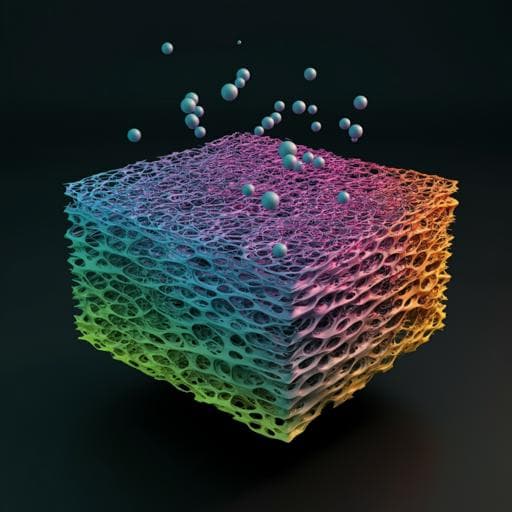
Engineering and Technology
End-to-end differentiability and tensor processing unit computing to accelerate materials’ inverse design
H. Liu, Y. Liu, et al.
This research, conducted by Han Liu and colleagues, introduces a groundbreaking computational inverse design framework that overcomes challenges in numerical simulations by utilizing differentiable simulations on the TensorFlow platform. This innovation promises to expedite the process of designing optimal porous materials from sorption isotherm curves using advanced TPUs for scientific simulations.
~3 min • Beginner • English
Related Publications
Explore these studies to deepen your understanding of the subject.







